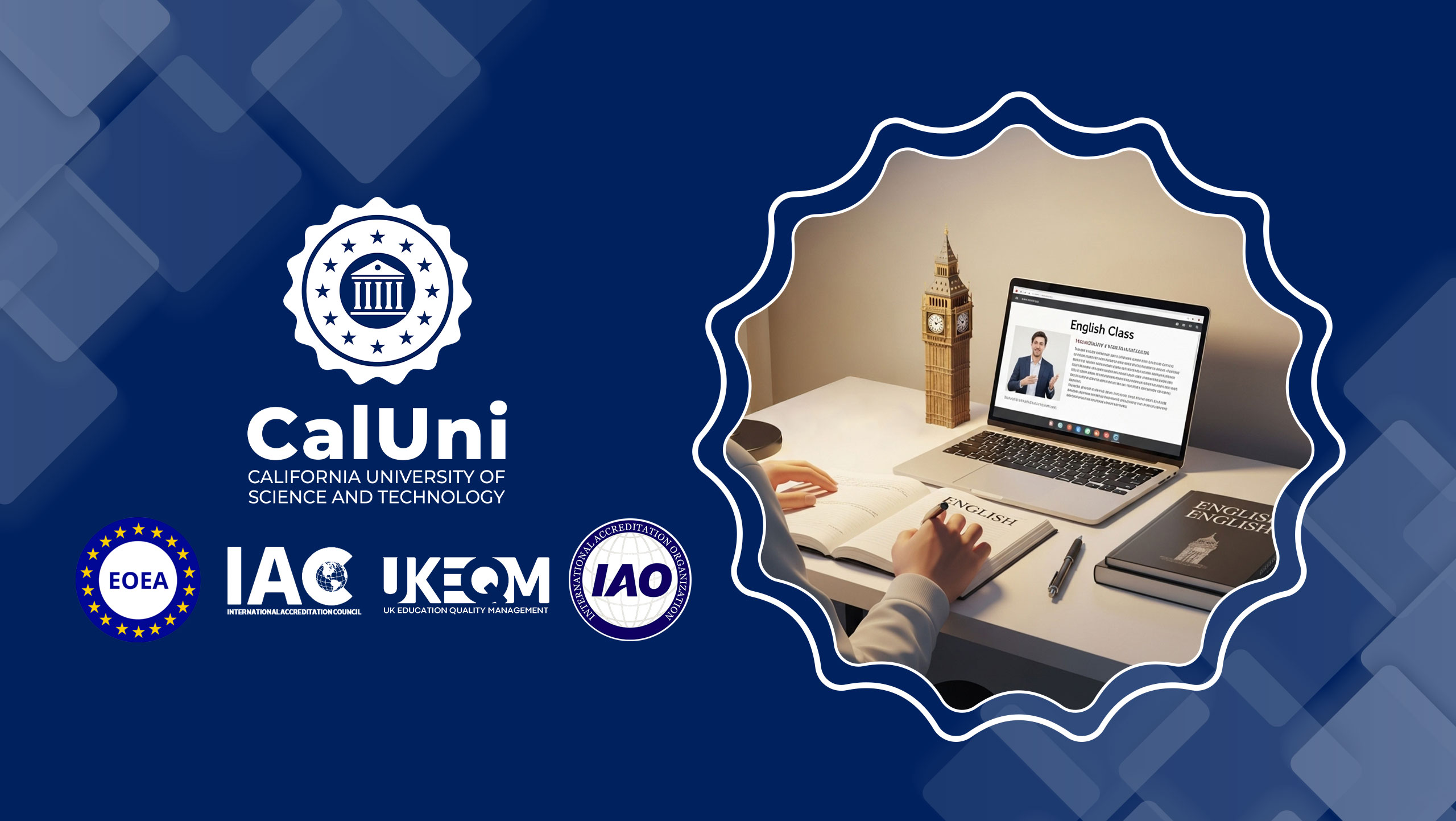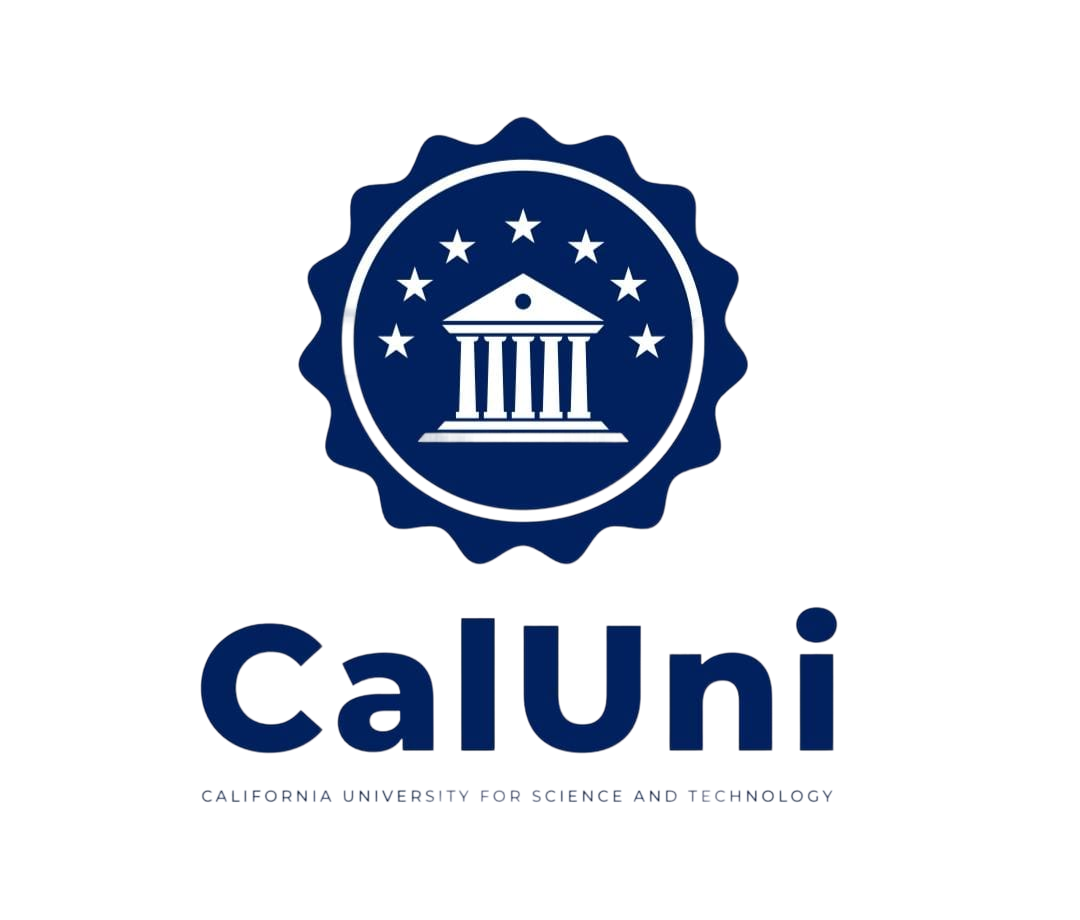
Bachelor of Arts in English Language
1) Program Introduction:
This is a comprehensive academic program that integrates English language and literature, applied linguistics, and translation/Teaching English to Speakers of Other Languages (TESOL). It includes structured practical training and a final capstone project.
The primary language of instruction is English, with Arabic support available in selected translation and academic skills courses.
The program aims to enable students to attain an advanced level of English proficiency up to C1 according to the Common European Framework of Reference for Languages (CEFR), in addition to developing employable professional skills in the fields of language, literature, translation, and English language teaching.
2) Specialization Tracks:
(Students choose one track starting from the fifth semester)
Literature & Cultural Studies Track
Translation, Interpreting & Localization Track
TESOL Track (Teaching English to Speakers of Other Languages)
Proposed program structure:
University requirements: 12 credit hours
Common major requirements: 60 credit hours
Track-specific courses: 24 credit hours
Free/supporting electives: 9 credit hours
Internship / Practical Training: 3 credit hours
Graduation Project: 3 credit hours
Total: 120 credit hours.
3. Learning Outcomes:
By the end of the program, graduates are expected to be able to:
• Achieve advanced proficiency in English in the skills of reading, writing, listening, and speaking, at a level equivalent to CEFR C1.
• Analyze and critically evaluate literary texts using modern critical approaches and relate them to their cultural and historical contexts.
• Demonstrate a solid understanding of the linguistic structure of English (phonetics, phonology, morphology, syntax, semantics, pragmatics, and discourse analysis).
• Produce professional translations in a variety of contexts, or apply TESOL principles in line with internationally recognized standards in language teaching.
• Employ digital tools in linguistic and translation studies (such as language corpora and computer-assisted translation tools – CAT tools) while adhering to professional ethics.
• Design and carry out a graduation research project that addresses an applied linguistic, literary, or educational problem using sound academic methodology.
4. Study Plan by Semester:
(Each course carries 3 credit hours)
Semester 1
Academic English I
Introduction to Linguistics
English Grammar I
Communication & Presentation
Digital Literacy for the Humanities
Semester 2
Academic English II
Phonetics & Phonology
English Grammar II
Introduction to Literature: Poetry & Drama
Critical Thinking & Logic
Semester 3
Morphology & Syntax
Semantics & Pragmatics
Survey of English Literature I: From the Middle Ages to the 18th Century
Research Skills & Information Literacy
Translation I: Arabic–English (AR–EN)
Semester 4
Discourse Analysis
Sociolinguistics
Survey of English Literature II: From the Romantic to the Victorian Period
Translation II: English–Arabic (EN–AR)
World Literature & Cultural Studies
Starting from the fifth semester, students choose their specialization track. The following courses combine common major requirements and track-specific courses:
Semester 5
Psycholinguistics
Stylistics
Modern & Contemporary Literature
Literary Theory & Criticism
Track Course (1)
Semester 6
Corpus Linguistics
Advanced Writing & Rhetoric
Shakespeare Studies
Track Course (2)
Track Course (3)
Semester 7
Research Methods in Language & Literature
Track Course (4)
Track Course (5)
Internship / Practicum
Service-Learning & Community Engagement
Semester 8
Capstone Project
Ethics & Professional Practice (including Intellectual Property)
Humanities Entrepreneurship & Career Readiness
Track Course (6)
Free Elective
Track Course Packages:
A) Literature & Cultural Studies Track
• Romantic & Modernist Studies
• Victorian Poetry
• Contemporary Narratives
• Postcolonial Studies
• American Literature
• Comparative Literature
• Literature & Film/Media
• Children’s & Young Adult Literature
B) Translation, Interpreting & Localization Track
• Specialized Translation: Legal / Scientific / Media
• Interpreting I–II
• CAT Tools & Localization
• Audiovisual Translation & Subtitling
• Terminology & Translation Project Management
• Issues & Ethics in Translation
C) TESOL Track (Teaching English to Speakers of Other Languages(
• Second Language Acquisition
• Methods of Language Teaching
• Curriculum & Materials Design
• Language Assessment & Testing
• Classroom Management & Educational Technology
• School-based Practicum
Students are encouraged to complete a coherent package of track courses to develop a clear academic and professional profile.
5. Teaching and Assessment Methods:
The program adopts interactive teaching approaches, including: Dialogic/interactive lectures, Writing workshops, Language laboratories, Text-based discussions, Individual and group projects.
Assessment methods include, but are not limited to:
Quizzes and final examinations
Oral presentations
Portfolios
Applied translation tasks and practical assignments
Micro-teaching sessions (particularly in the TESOL track)
A research-based or applied capstone project in the final semester
7. Career Opportunities:
The program prepares graduates to work in fields including, but not limited to:
• Teaching English or working as a teaching assistant, and contributing to the development of curricula and teaching materials.
• Written and oral translation, localization, and audiovisual translation in media and cultural institutions.
• Content writing, language editing, and work in media, culture, and creative industries.
• Managing linguistic and terminological projects, and providing language support services in international business environments.
• Pursuing postgraduate studies (MA / PGDip) in English literature, linguistics, translation, or TESOL.
Admission Requirements:
• Be at least 16 years of age
• High school diploma or equivalent
• Submit a certified high school diploma or transcript
• Proficiency in English or Arabic
• No SAT or entrance exam required
• TOEFL/IELTS not required
• Must complete Foundation courses first
• Application is fully online
• Open to students from all countries
Contact Information:
Official Website: Click here
Email: Click here
Phone: +18738030536
WhatsApp Channel: Click here
Facebook: Click here
Instagram: Click here
YouTube: Click here
Join Request
